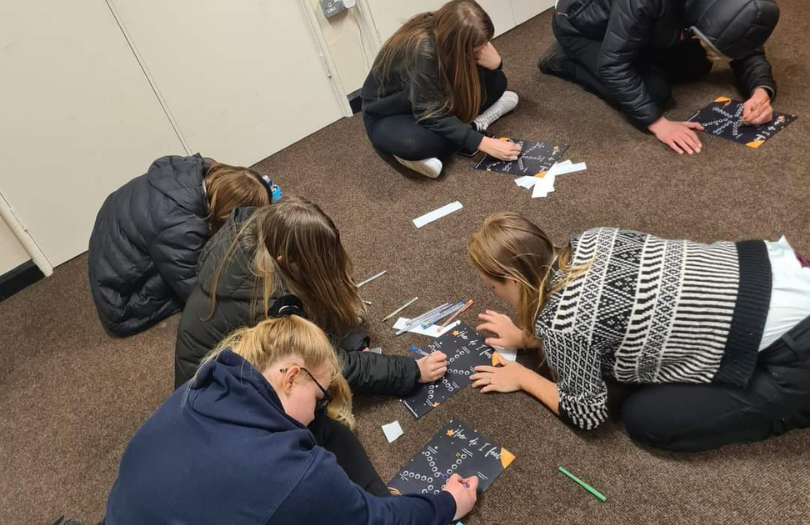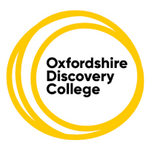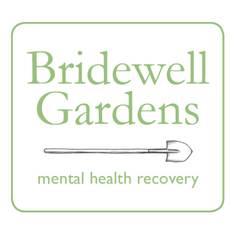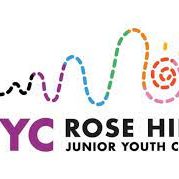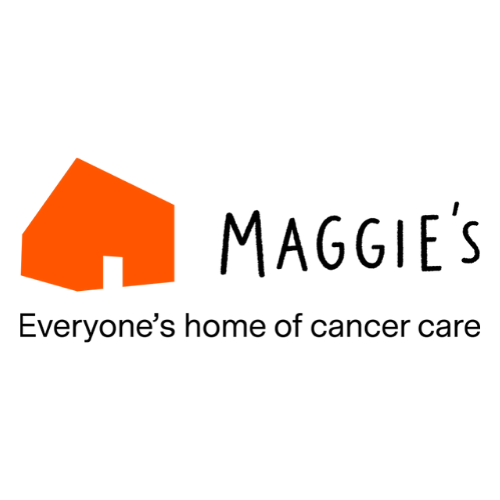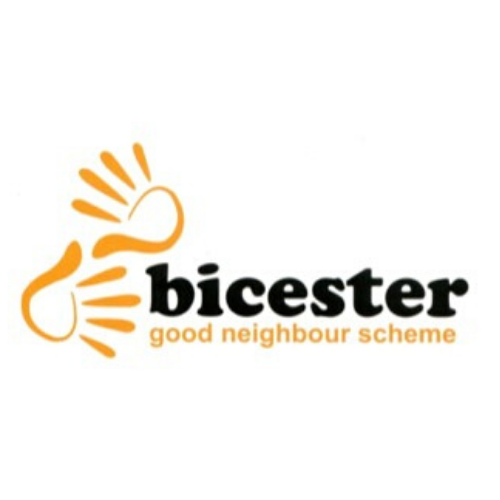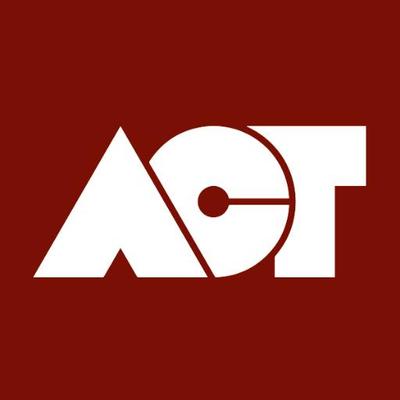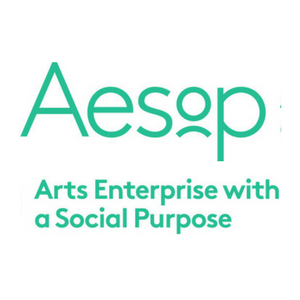Oxfordshire Discovery College offers programmes that explore mental health topics while weaving in fun activities like art, sport, or gardening. Their aim is to ensure that programmes are practical and introduce strategies that participants can use themselves at home to ensure sustainable self care. Creativity, connection, and being active are key cornerstones of these.
Developed from an international approach for adults called Recovery Colleges, some key principles they hold at their core are:
– They aren’t clinical or therapeutic – creating informal spaces to learn together
– They don’t duplicate what’s available elsewhere; no counselling, no Maths qualifications, but plenty of signposting
– They co-produce everything they can; everything is written and delivered by people with lived and professional experience
– They’re for everyone – the child, their families, friends, and professionals, all need support and community. They aim to offer something for everyone.
Funding in April 2021 from Oxfordshire County Council, Public Health aimed to improve or maintain mental health and raise awareness of the importance of mental wellbeing for Oxfordshire residents.
The NHS and the charity MIND have adopted the evidence based ‘5 steps to mental wellbeing’ that contribute to improving an individual’s mental health and wellbeing:
- connecting with other people
- being physically active
- learning new skills
- giving to others and
- paying attention to the present moment
Grants were awarded based on evidence of these 5 steps and / or the enablers identified in the Oxfordshire Mental Health Prevention Framework 2020-2023. Public Health were also keen to award grants to communities in need and encouraged partnership working.
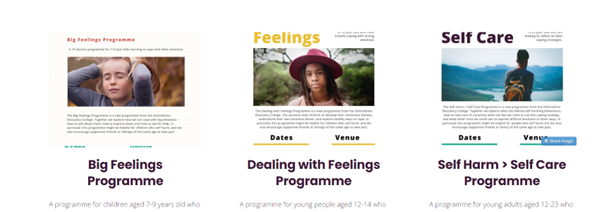
Oxfordshire Discovery College developed the Self Harm >Self Care Programme, including a suite of learning and support resources for children and young people (ages 7-25) and for adult parents, carers and professionals. Run within targeted vulnerable communities across the county – areas where deprivation or youth mental ill-health rates are particularly high – and working closely with key service partners in those areas.
Their grant from Public Health was used to appoint two content creators (an Expert-by-Experience and an Expert-by-Training) who co-produced four evidence-based and lived-experience-informed psychoeducational programmes for four different age groups. These were aimed at 7 to 9 year olds, 12 to 14 year olds, young adults (approximately 19 to 23), and adult supporters (parents, carers and professionals).
Two Programme Facilitators delivered each of the programmes – two in Oxford City with signposting from partners such as Oxfordshire Youth, Ark-T and local schools, one in Sutton Courtenay in partnership with Abingdon DAMASCUS Youth Project, and one in Bicester in partnership with suicide prevention charity Nai’s House.
As well as increased well-being, participants reported greater understanding of the subject area and increased skills in communicating with others about self harm, listening, and harm reduction/coping strategies. The development of a peer support network was transformative – having a space where they can share openly and explore topics with others in similar situations. One of the groups has continued to meet independently as a direct result of the programme.
Participants have also reported how powerful it is to have lived – and learned – experience Facilitators running the programmes. ”Both facilitators were absolutely fantastic and were extremely skilled, knowledgeable and candid. Absolutely fantastic.” In the 12 to 14s group, they incorporated a ‘Facilitator Hotseat’ activity where the young people could ask questions about their backgrounds and lived experience which helped to identify them as role models, and as relatable and approachable. This in turn helps to destigmatise discussions around self harm and mental illness.
All groups have asked for more sessions and programmes, as have some of the partners! The adult parents/carers/professionals group have also asked for further therapeutic group space, and are collectively appointing a drama therapist to work with them moving forward.
Oxfordshire Discovery College ran three out of four of their planned programmes at the same time as setting up as an independent charity. When the funding was awarded, they were under host partner Elmore. When they could no longer continue with this agreement, they accelerated their plans to register with the Charity Commission, to allow them to recruit directly for the project.

